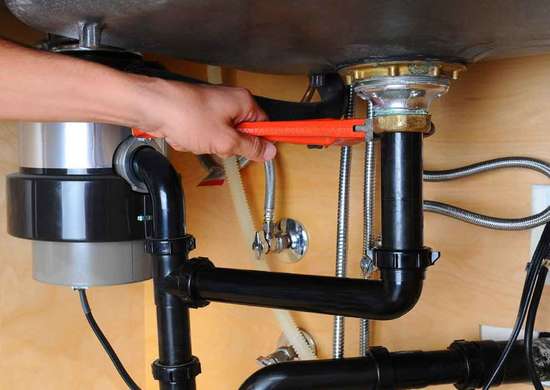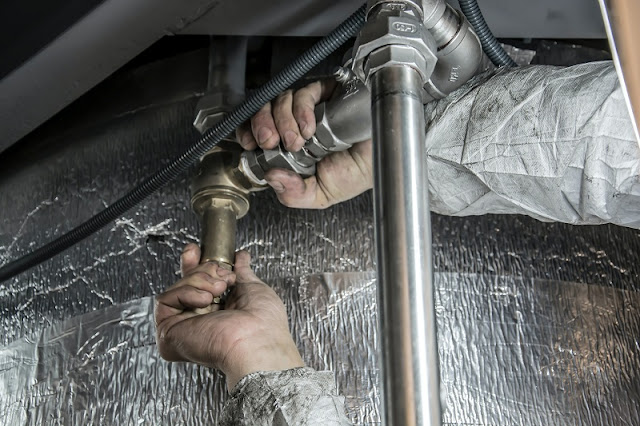GUIDEBOOK TO BECOME A PLUMBER
Do you want to be in a skill-based occupation? For example, do you want to be a plumber? Want to learn about how to become a plumber?
Well, if yes is the answer to all the above questions, then here's your chance to learn and understand to be a plumber. Here in this blog, we'll introduce you to the basics of being a plumber, what a plumber does, and how to be one.
Job responsibilities of a plumber include installing, repairing, and maintaining water/gas supplies, heating systems, sanitation units, and other related fixtures in residential and commercial settings. Apart from this, a plumber also assesses your plumbing systems.
Here's your guidebook on how to become a plumber.
Keep reading!
Although being a plumber only requires specific basic skills like - communication, maths, and customer service, but there are few steps one needs to follow to become a plumber, and they are -
High school diploma or GED
Vocation training course for plumbing
A plumbing apprenticeship
License
Experience
1. High school diploma or GED
A high school diploma or GED is the essential educational qualification you need to make plumbing your career. However, those who have not got their diploma can go for GED, which is an alternative to a high school diploma.
A plumber must have a good background in science, technology, computers, and mathematics.
2. Vocational training course for plumbing
You must have a vocational training course for a plumber because a vocational training course introduces you to technical skills and knowledge. The perks of joining these courses are that you get certified as a plumber.
3. A plumbing apprenticeship
Once you are done with the vocational training, the next thing you need to do is practice the profession as an apprentice.
In a plumbing apprenticeship, you will get exposure to on-the-job training, and you'll learn about plumbing codes, plumbing procedures, and specialized skills.
4. Get licensed
When all is done, you need to obtain the license to practice the profession. To get one, you might need to give an exam where your skills and knowledge as a plumber would be assessed.
5. Gain experience
Once you've got the plumbing license, you can continue gaining experience as a professional plumber.




Comments
Post a Comment